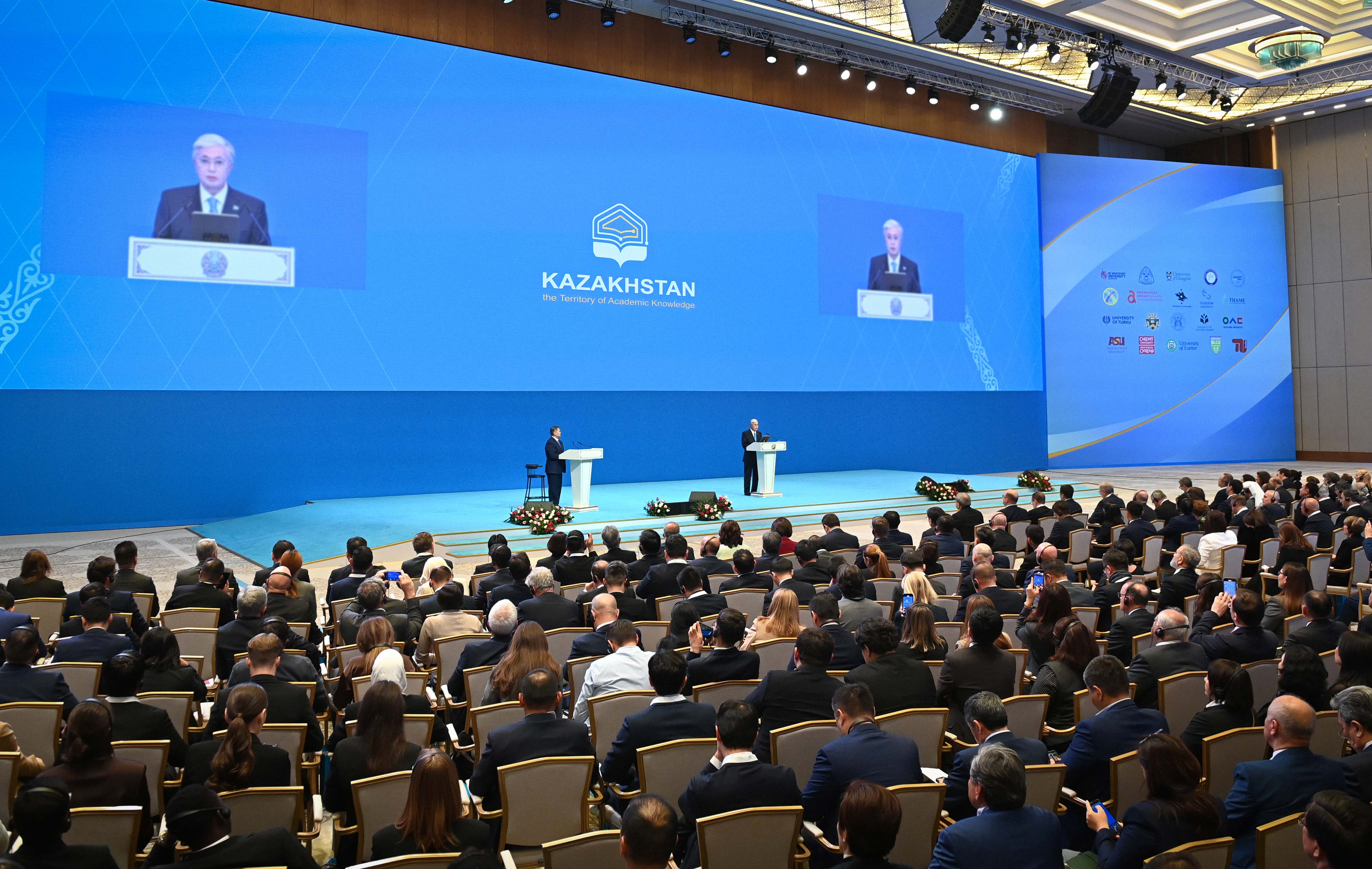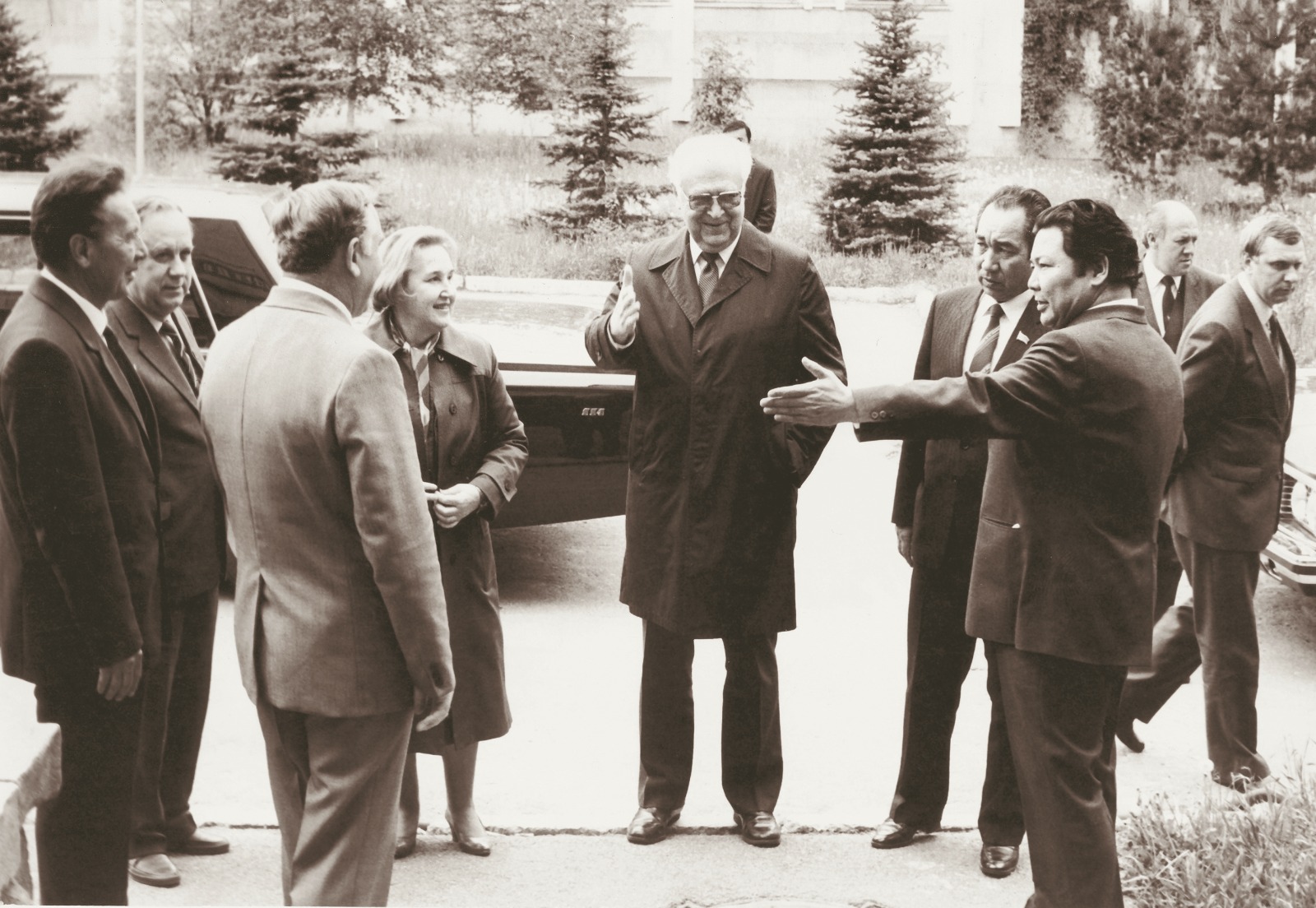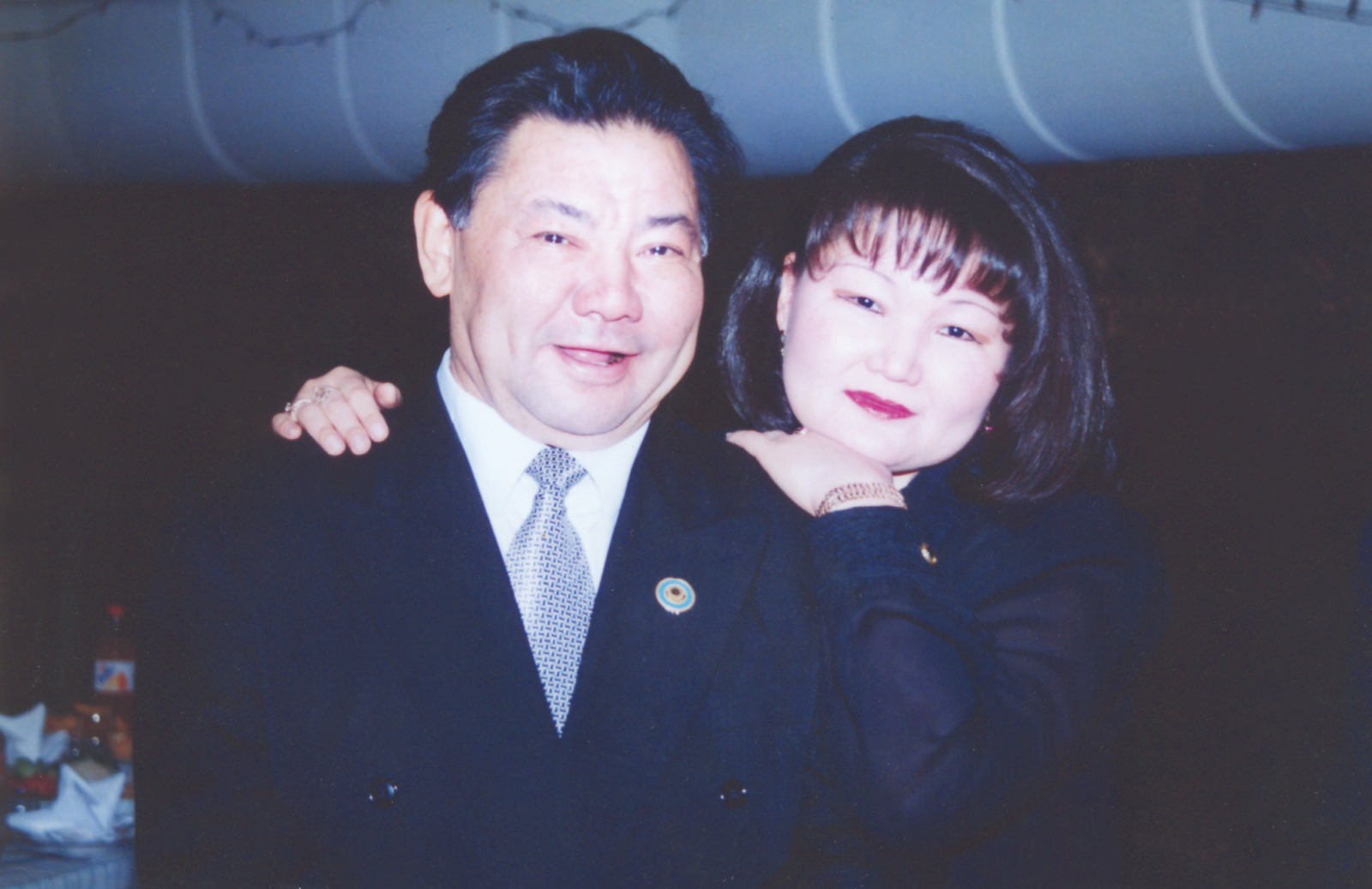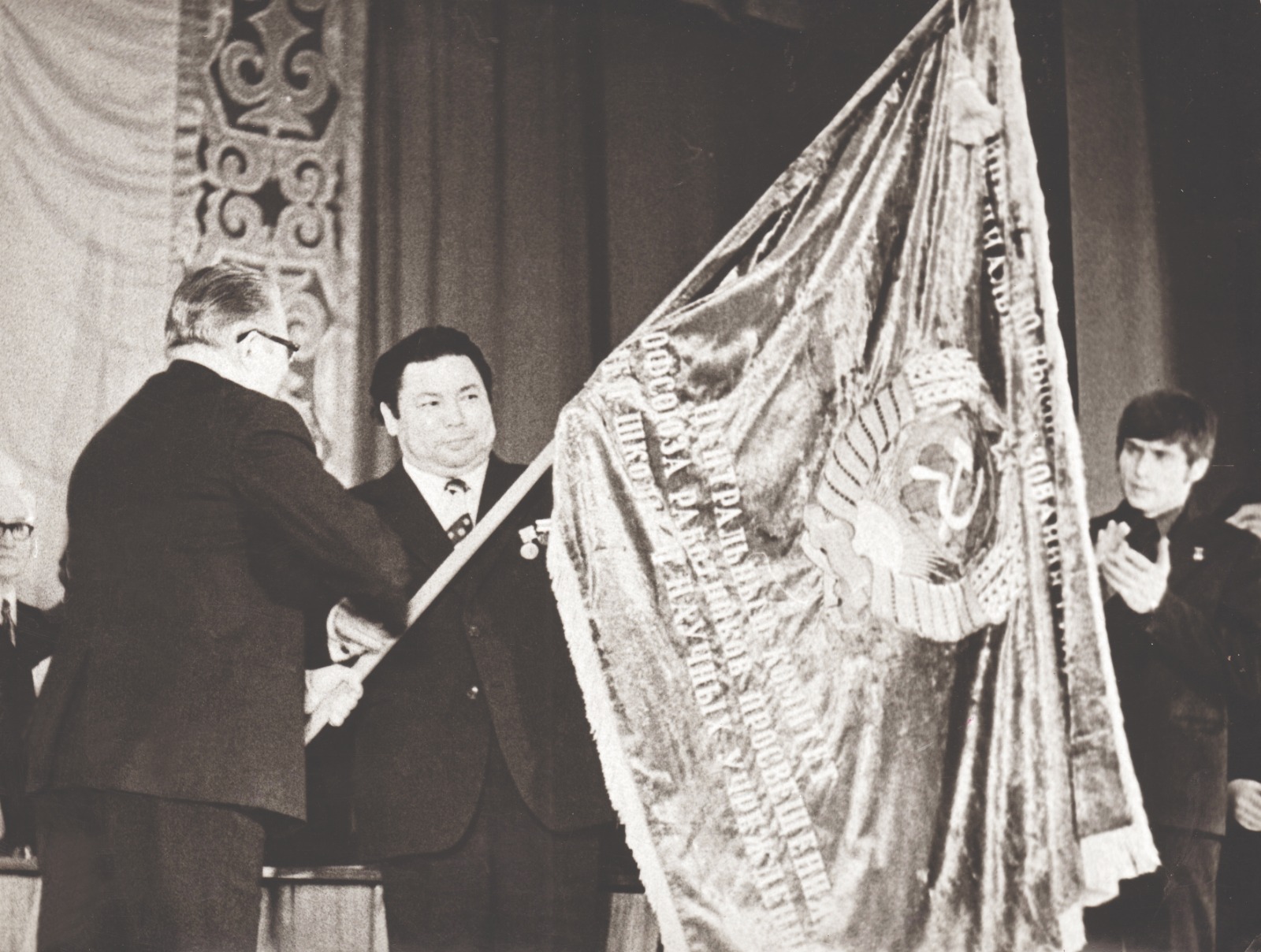Science and Education as the Foundation of a Fair Kazakhstan

On October 31, in Astana, the International Strategic Partners Forum “Kazakhstan – Academic Education Area” was held with the participation of the Head of State, Kassym-Jomart Tokayev. The event was attended by the Minister of Science and Higher Education of the Republic of Kazakhstan Sayasat Nurbek, heads of foreign partner universities, representatives of international accreditation and ranking agencies, as well as members of the diplomatic corps.
During the forum, the President emphasized that education and science transcend borders and represent a strategic field of shared importance for all nations. He noted that Kazakhstan will continue to prioritize the development of higher education. According to Kassym-Jomart Tokayev, “strong universities are factories of the future – where new ideas emerge, barriers are overcome, and the foundations of a just and harmonious world are laid.”
The forum was regarded as an important platform for profound discussions on global trends in the development of education and science.
Sayasat Nurbek stated that active steps are being taken to modernize both national and international education systems. It is planned to open 40 branches of foreign universities in Kazakhstan. Most of them will focus on high-tech areas such as artificial intelligence, cybersecurity, engineering and other modern fields.
Nunzio Quacquarelli, founder and president of QS, highlighted Kazakhstan’s significant progress in higher education. In his view, the increasing number of Kazakhstani universities included in QS and Times Higher Education rankings reflects the strengthening of the country’s scientific capacity and growing international recognition.
Our university also aims to continue its development, strengthen strategic partnerships, and build a high-quality educational environment aimed at training a new generation of leaders. Our goal is to contribute to building a fair, secure and strong Kazakhstan based on science and education.
Article authors:
practice supervisor – PhD in Philology, Associate Professor M. R. Baltymova;
academic supervisor – Doctor of Philosophy, Associate Professor of the Department of Religious Studies and Cultural Studies A. K. Zholdubaeva;
2nd-year doctoral student in Cultural Studies – K. A. Tursynbayeva.



